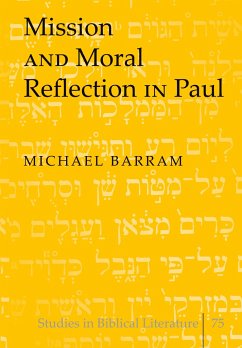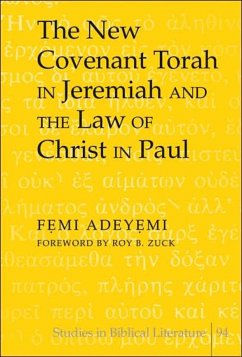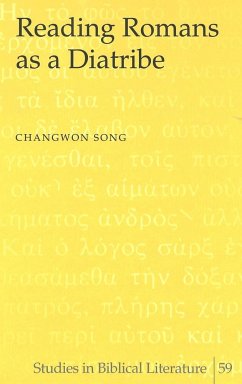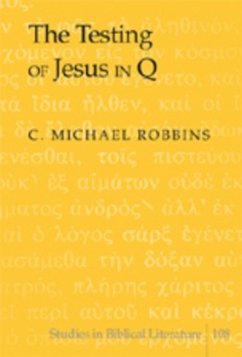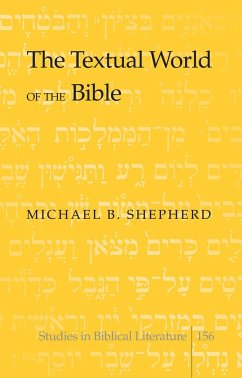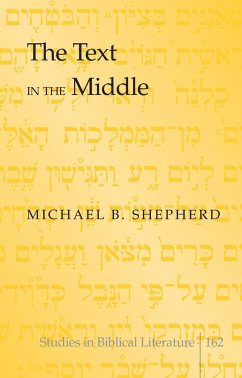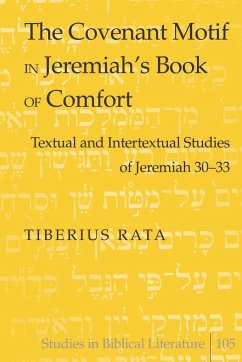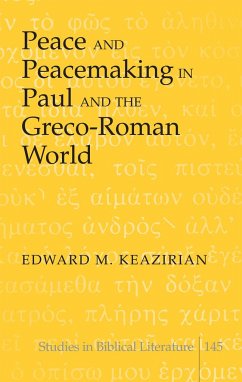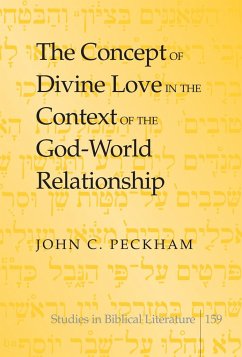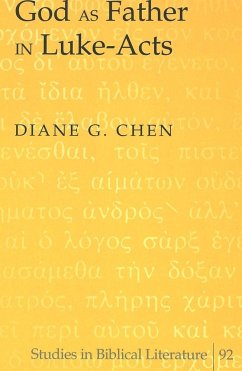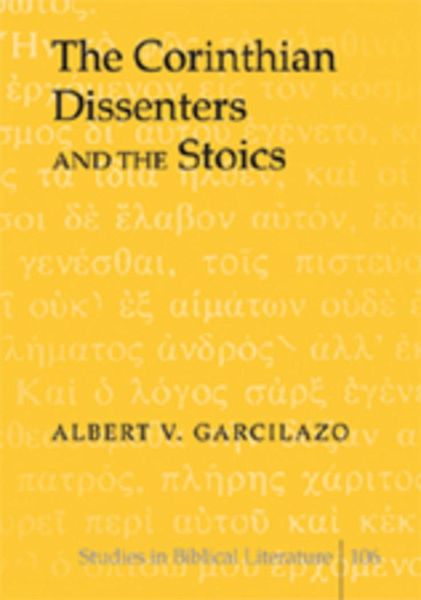
The Corinthian Dissenters and the Stoics
Versandkostenfrei!
Versandfertig in 6-10 Tagen
98,55 €
inkl. MwSt.

PAYBACK Punkte
0 °P sammeln!
This book focuses on the controversy recorded in 1 Corinthians 15 regarding the denial of the resurrection of the dead. Many attempts and proposals have been made to understand the background of Paul's opponents. By focusing on the possible impact of Stoicism, Albert V. Garcilazo argues that the internal evidence of the letter indicates that some of the Corinthians had adopted a realized eschatology as well as an antisomatic view of the resurrection, which in turn prompted them to reject the future resurrection of the dead. Garcilazo suggests that the higher status members of the congregation ...
This book focuses on the controversy recorded in 1 Corinthians 15 regarding the denial of the resurrection of the dead. Many attempts and proposals have been made to understand the background of Paul's opponents. By focusing on the possible impact of Stoicism, Albert V. Garcilazo argues that the internal evidence of the letter indicates that some of the Corinthians had adopted a realized eschatology as well as an antisomatic view of the resurrection, which in turn prompted them to reject the future resurrection of the dead. Garcilazo suggests that the higher status members of the congregation were influenced by the cosmological, anthropological, and ethical teachings of the Stoa, especially the tenets of the Roman Stoics. He demonstrates this possibility by first considering the similarities between the doctrines of the Corinthian dissenters and the teachings of the Stoic philosophers, particularly the teachings of Seneca. Following a brief overview of Stoicism, the author concentrates on some of the theological issues revealed in the letter and examines how other scholars have interpreted 1 Corinthians 15. Finally, he provides a detailed analysis of 1 Corinthians 15:12-49. In short, Garcilazo argues that the philosophy of the Stoics seemingly contributed to the resurrection controversy recorded in 1 Corinthians 15.



